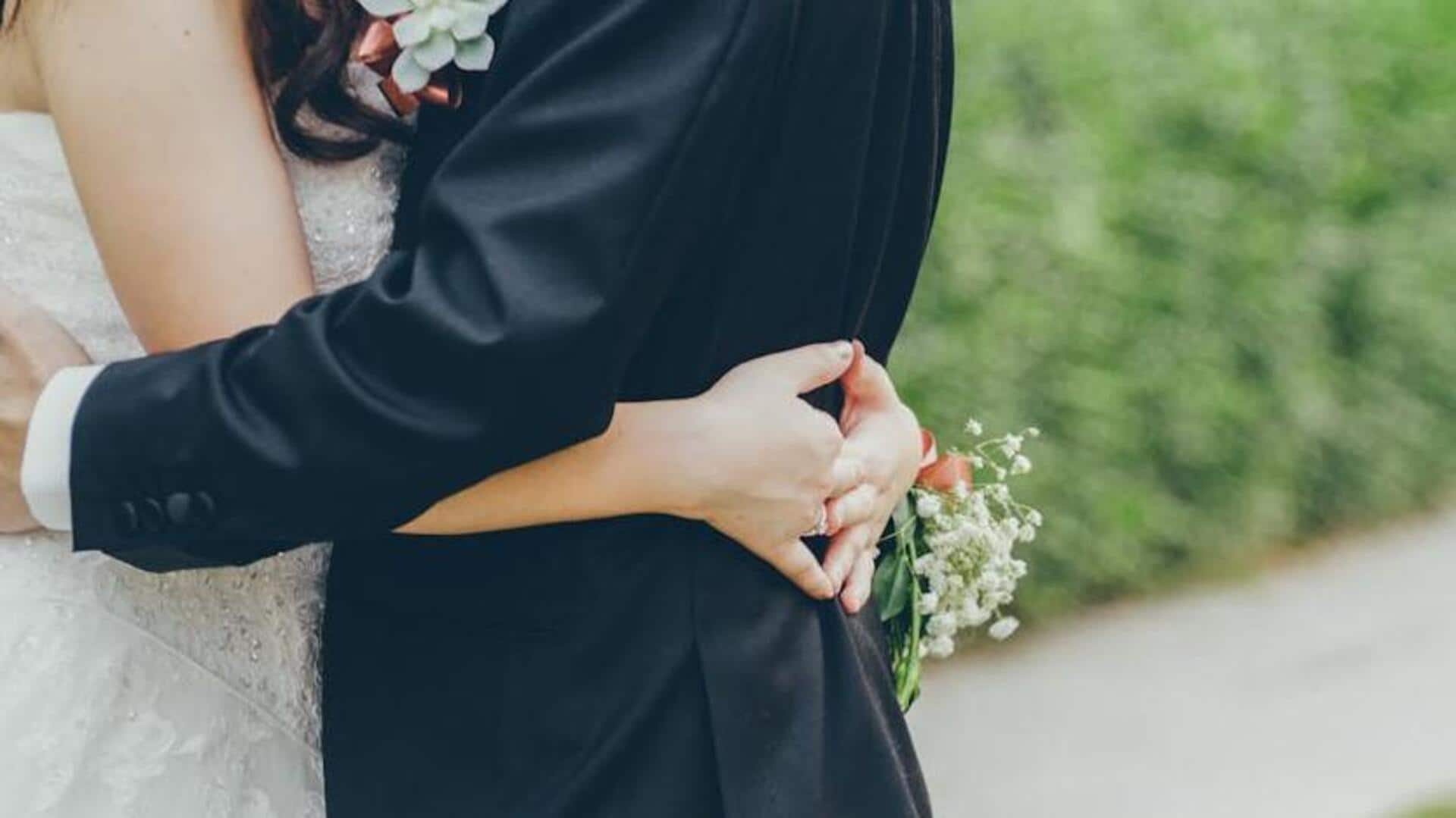
A guide to wedding attire etiquette around the globe
What's the story
Weddings not only celebrate love and unity but also serve as exhibitions of cultural traditions.
As a guest, it's crucial to navigate the dress code for weddings across various cultures with sensitivity.
This article guides wedding attire etiquette around the globe, ensuring that you arrive dressed appropriately and with respect for the cultural traditions being honored.
Attire 1
Understanding cultural norms
Before choosing your wedding guest attire, it's important to research the cultural norms associated with the event you will be attending.
Vibrant colors are often celebrated at Indian weddings, while traditional prints may be preferred in some African ceremonies.
In many Western cultures, white is typically exclusive to the bride.
Understanding these cultural preferences ensures that your selection is both appropriate and respectful.
Tip 2
Dress code clues
The wedding invitation holds the key to decoding the expected dress code.
It may specify "black tie," "semi-formal," or "casual" attire, or even request guests to wear specific cultural garments.
Should there be any uncertainty, it is entirely appropriate and advisable to seek clarification from the couple or their relatives.
This ensures that your attire aligns with the event's formality and cultural significance.
Tip 3
Location and time matters
When choosing your attire for a wedding, consider the venue and the time.
Outdoor celebrations may call for more relaxed clothing and sensible shoes, while evening events typically require formal dress.
Daytime gatherings might be less formal. Comfort is essential, so select an outfit that ensures you feel at ease while also suiting the occasion's formality.
Attire 4
Respect religious settings
Modesty is key in religious wedding settings.
Covering shoulders and knees is required in many churches, temples and mosques.
Some ceremonies may necessitate head coverings for guests.
It's also vital to recognize colors that symbolize respect within the faith.
Adhering to these color codes conveys reverence for the cultural and religious aspects of the wedding ceremony.
Tip 5
When in doubt: Classic over trendy
When cultural dress codes are not explicit, or the wedding features a blend of traditions, lean toward classic fashion choices.
Opt for a well-tailored suit or a tasteful, understated dress.
These timeless selections are likely to be respectful across various cultures and are widely regarded as suitable for an array of ceremonial practices, ensuring you avoid any potential cultural missteps.